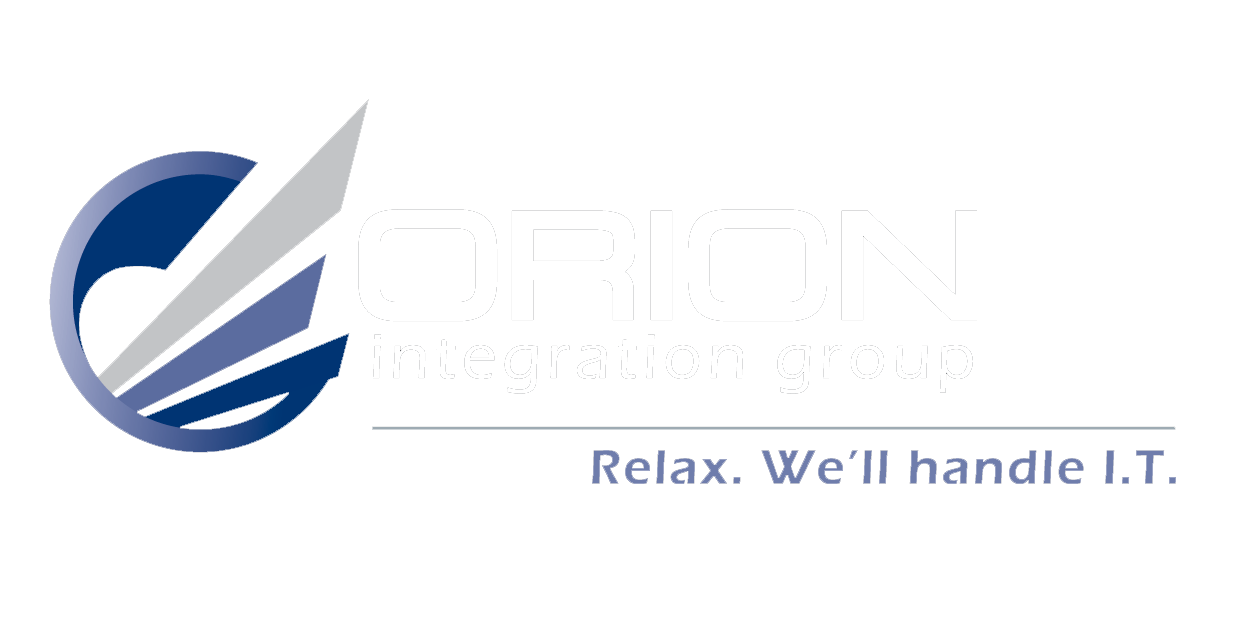Building Secure Password Policies: A Practical Guide for Businesses
In the digital era, password security is a critical component of any business's cybersecurity strategy. As businesses grapple with an increasing number of cyber threats, establishing robust password policies is not just recommended, but necessary for safeguarding sensitive information. Implementing such policies effectively requires a detailed understanding of best practices for generating and managing passwords, as well as leveraging the right tools to ensure these policies are adhered to. Drawing on the standards and services provided by Orion Integration Group, this guide will navigate the essential steps businesses can take to create a fortified front against cyber incursions, starting with the very keystrokes that grant access to their digital domains.
The Importance of Strong Password Policies
A strong password policy is the foundation upon which a business can protect its data from unauthorized access. Developing a comprehensive password policy involves setting guidelines that encourage complex passwords, mandating regular updates, and addressing security on all fronts, from employee education to infrastructure protection.
Best Practices for Generating Secure Passwords
The strength of a password often lies in its complexity and unpredictability. A secure password typically includes a mix of uppercase and lowercase letters, numbers, and symbols. Length is equally important, with a trend towards longer passphrases replacing traditional shorter passwords. Avoiding predictable sequences and personal information is key to creating passwords that withstand common cyber attack methods such as brute force attacks and dictionary attacks.
Management of Passwords
In a business setting, managing passwords can be a daunting task, particularly as the number of accounts and systems requiring secure access grows. Utilizing password management tools can streamline this process, allowing for the secure storage, generation, and retrieval of passwords. These tools also help enforce password policies by automating changes and ensuring compliance across the organization.
Implementing Multi-Factor Authentication
Multi-factor authentication (MFA) adds an additional layer of security to password policies. By requiring users to provide two or more verification factors to gain access to a system, MFA significantly curtails the risk of compromised passwords leading to a security breach. Businesses are increasingly adopting MFA protocols as part of their overarching cybersecurity strategies.
Regular Password Updates and Security Audits
Routine updates to passwords are essential in maintaining security. Mandating password changes at regular intervals can prevent long-term exposure from a potentially compromised password. Additionally, conducting regular security audits can identify weak or repeated passwords, prompting timely action to rectify these vulnerabilities.
Employee Training and Awareness
Employees are often the first line of defense against cyber threats. Therefore, comprehensive training on the importance of strong passwords and adherence to password policies is paramount. This education should include guidelines on how to create secure passwords, the dangers of password sharing, and the steps to take if a password is suspected to be compromised.
Response Plan for Password Breaches
Despite stringent password policies, breaches can still occur. A sound response plan details the procedures for responding to a suspected or actual breach. This includes immediate steps to contain the breach, such as changing passwords and isolating affected systems, as well as notifying pertinent stakeholders and conducting a post-incident analysis to prevent future occurrences.
Balancing Security with User Experience
While security is the priority in establishing password policies, it is crucial to balance this with user experience. Overly complex policies can lead to frustration and non-compliance among staff. Finding the equilibrium between stringent security measures and ease of use is essential in developing an effective password policy.
Developing Policies for Different Regions
Businesses operating in multiple regions need to tailor their password policies to fit local business needs and regulatory requirements. This may involve adjusting policies to meet specific data protection laws or cultural considerations that influence how password policies are perceived and adhered to by local employees.
Leveraging the Expertise of Security Providers
Partnering with cybersecurity experts like Orion Integration Group can provide businesses with the resources and knowledge necessary to establish and maintain robust password policies. These experts can offer tailored solutions that reflect the unique needs of the business, ensuring that cybersecurity strategies, including password policies, are up to date and effective.
Password security is a critical aspect of protecting a business's assets and maintaining the trust of clients and partners. By adhering to best practices for creating and managing passwords, implementing multi-factor authentication, and ensuring that employees are educated and engaged in the company’s cybersecurity efforts, businesses lay a strong foundation for their overall cybersecurity posture. With considerations for user experience and regional differences, and the backing of specialized security providers, businesses can construct password policies that serve to protect their digital realms effectively. Through these measures, organizations can bolster their defenses against an ever-evolving array of cyber threats, ensuring the privacy and integrity of their valuable data.
Ready to elevate your business's cybersecurity with comprehensive password policies? Orion Integration Group specializes in crafting cybersecurity solutions that meet your regional and industry-specific needs. Contact us today our experts are here to guide you through every step of enhancing your digital defense.




